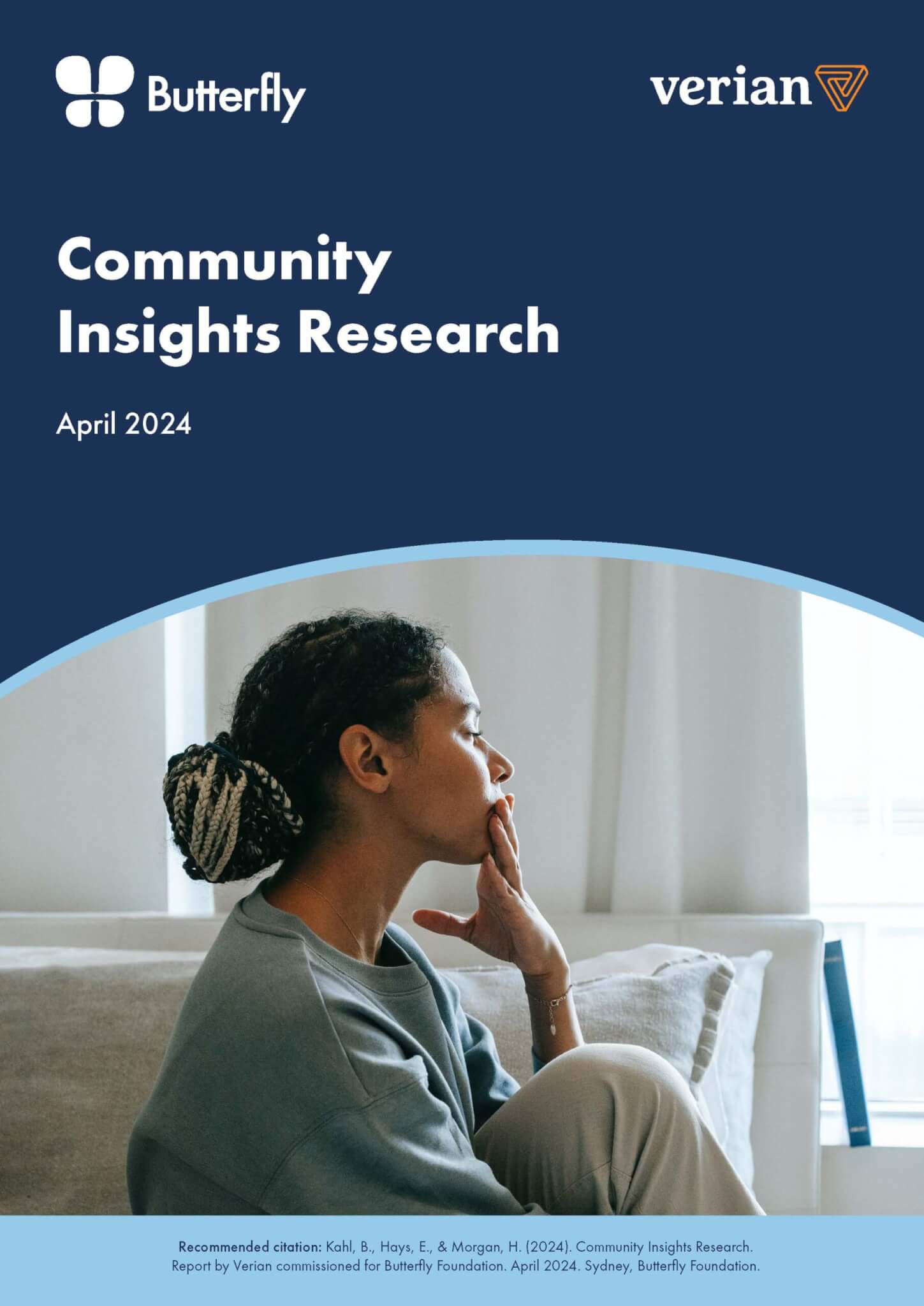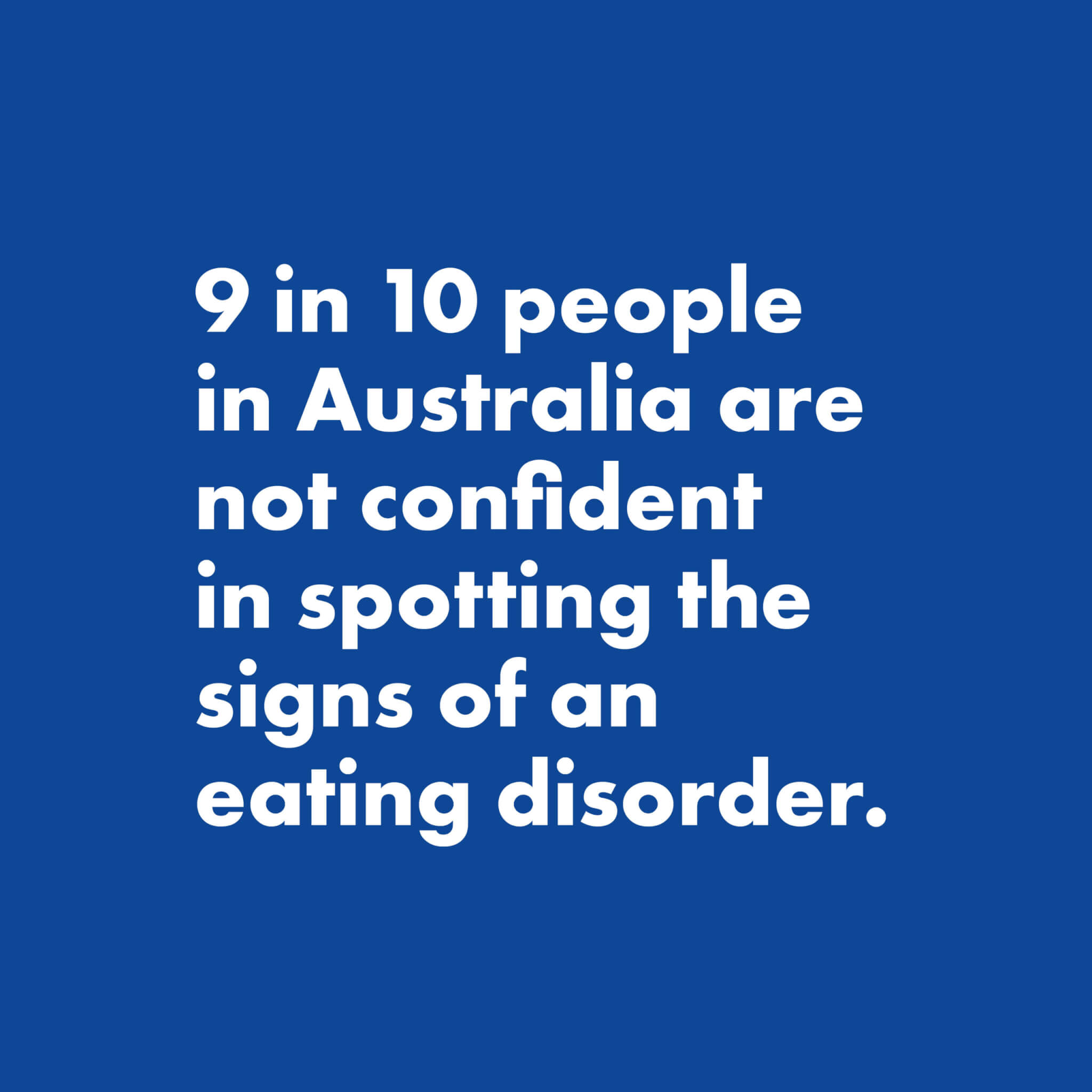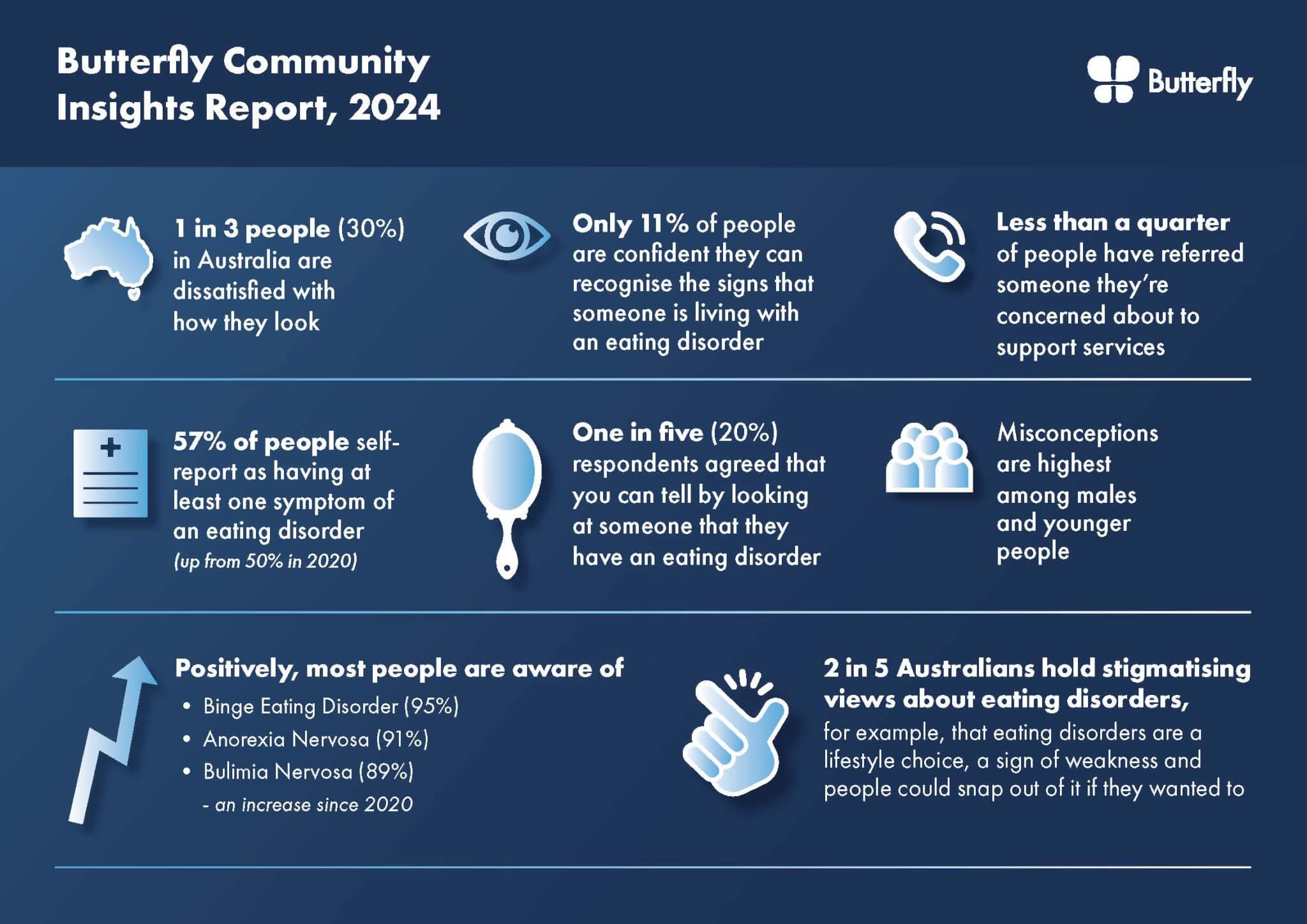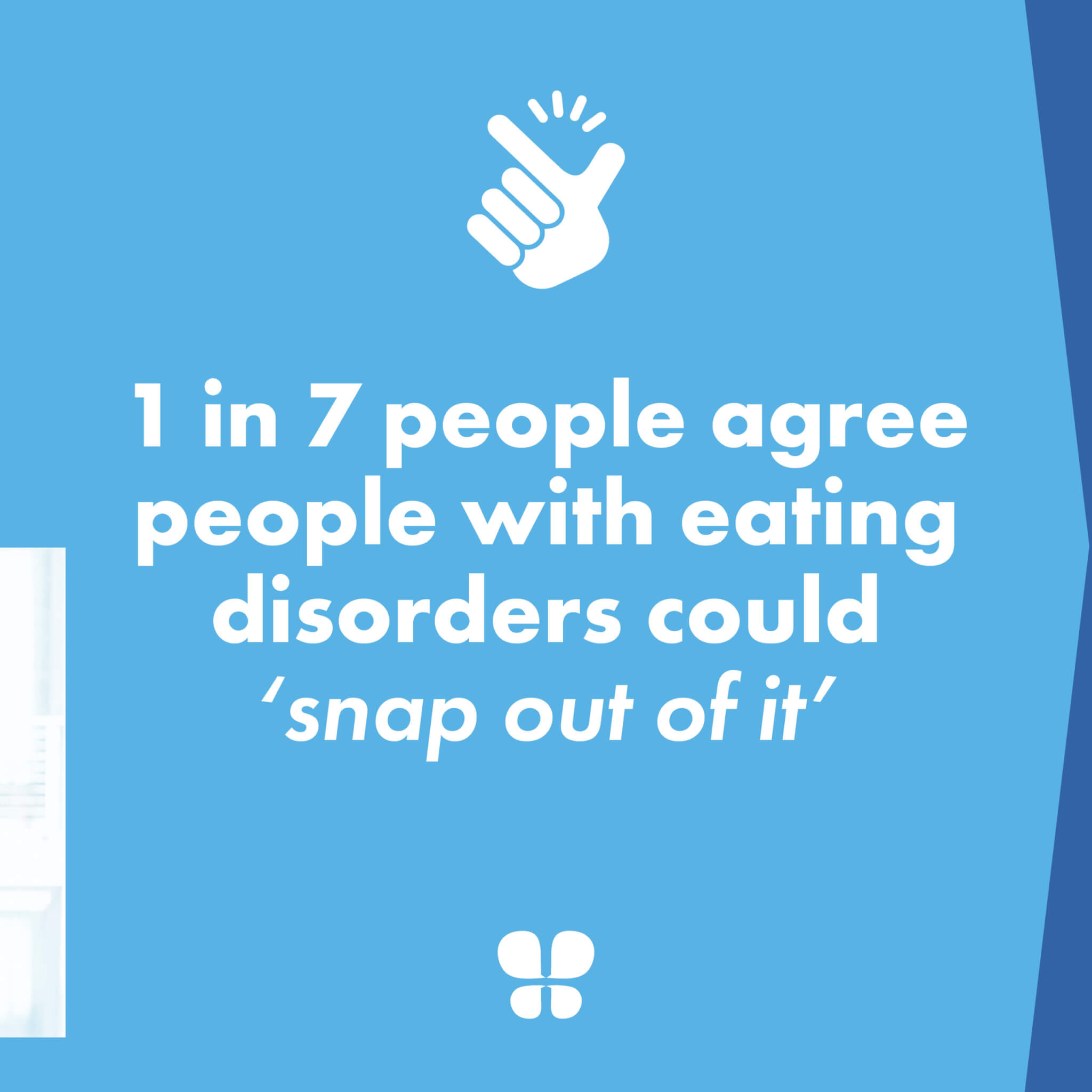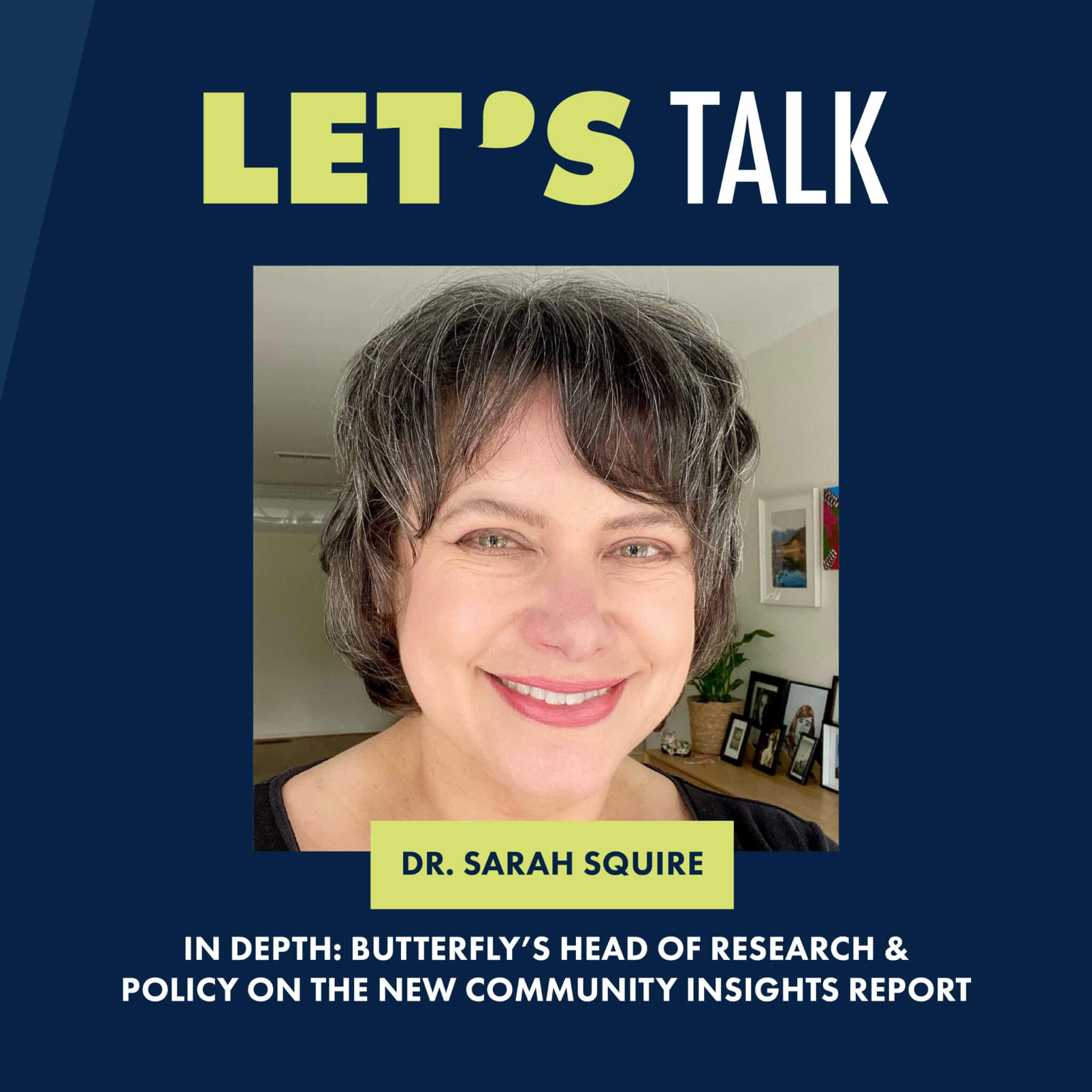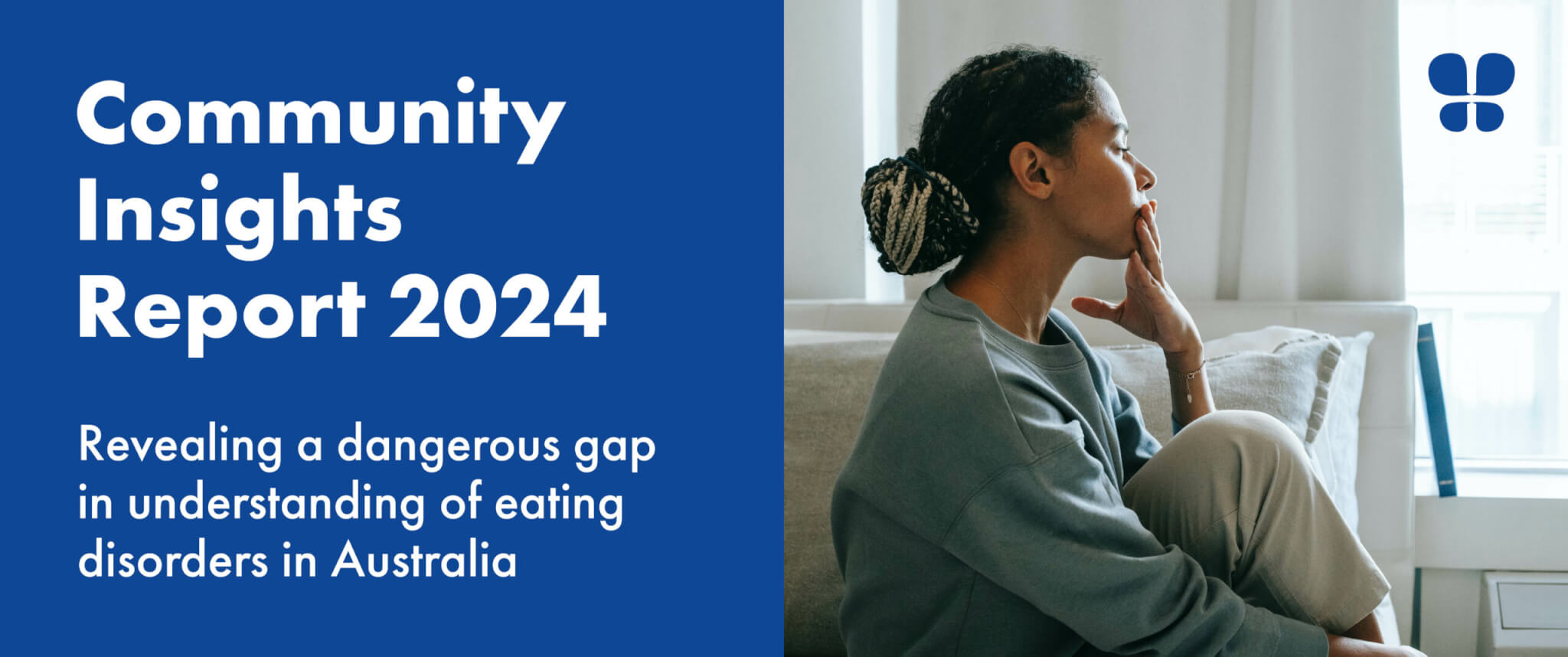
Community Insights 2024
We wanted to know about community perceptions on the prevalence, presentation, and impacts of eating disorders. We also wanted to understand the drivers and barriers to seeking support by those at risk or experiencing symptoms.
Our new report updates and reviews community awareness and attitudes around body image and eating disorders since our previous report in 2021.
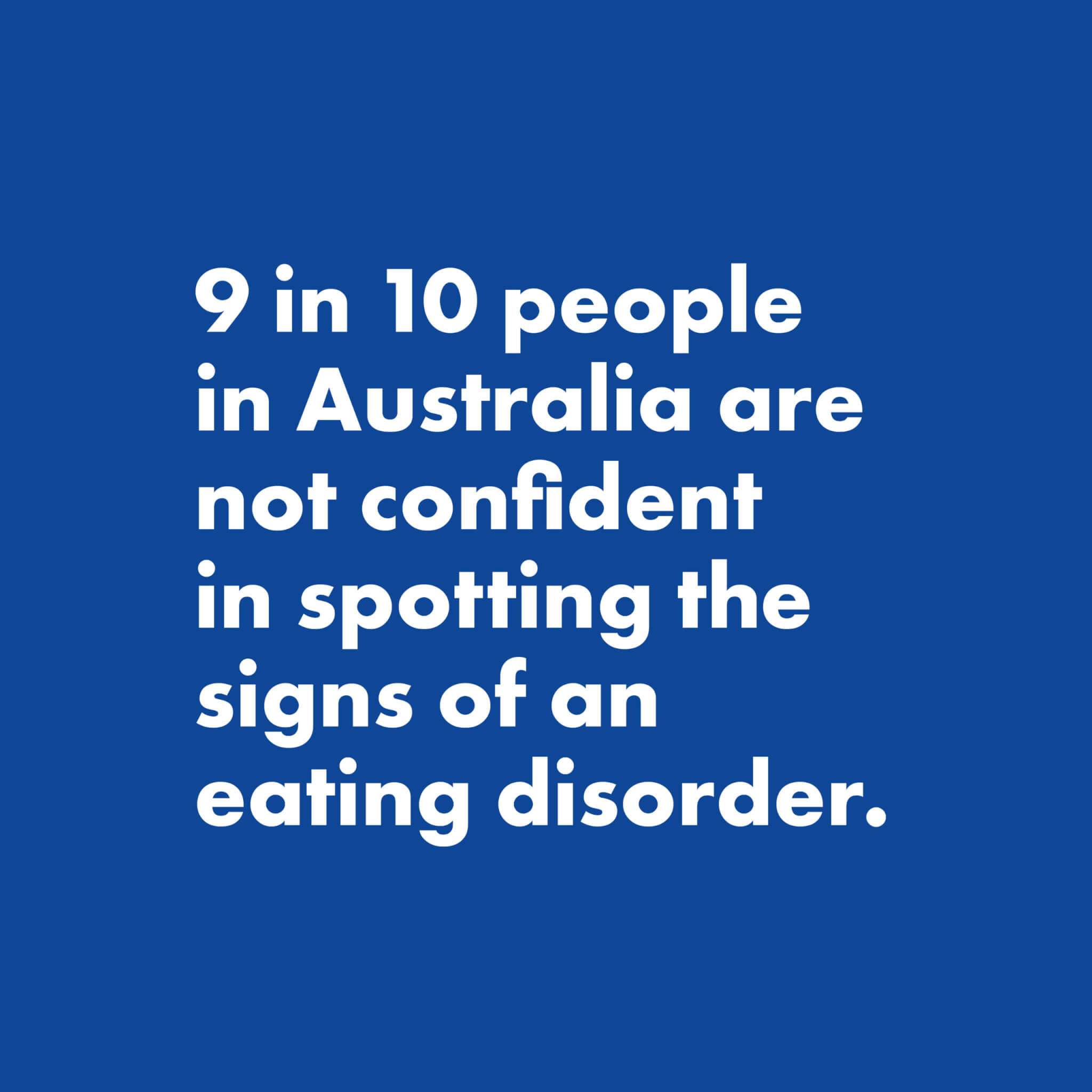
The 2024 Report reveals that:
-
The prevalence and risk of eating disorders has increased since 2020
-
Nearly a third of people (and more women than men) are dissatisfied with their body
-
Only 11% of people living in Australia can spot the signs and symptoms of an eating disorder
-
Awareness of eating disorders has increased but understanding remains low
-
Most respondents were only aware of the three most well known eating disorders
-
A minority still minimise the seriousness of eating disorders.
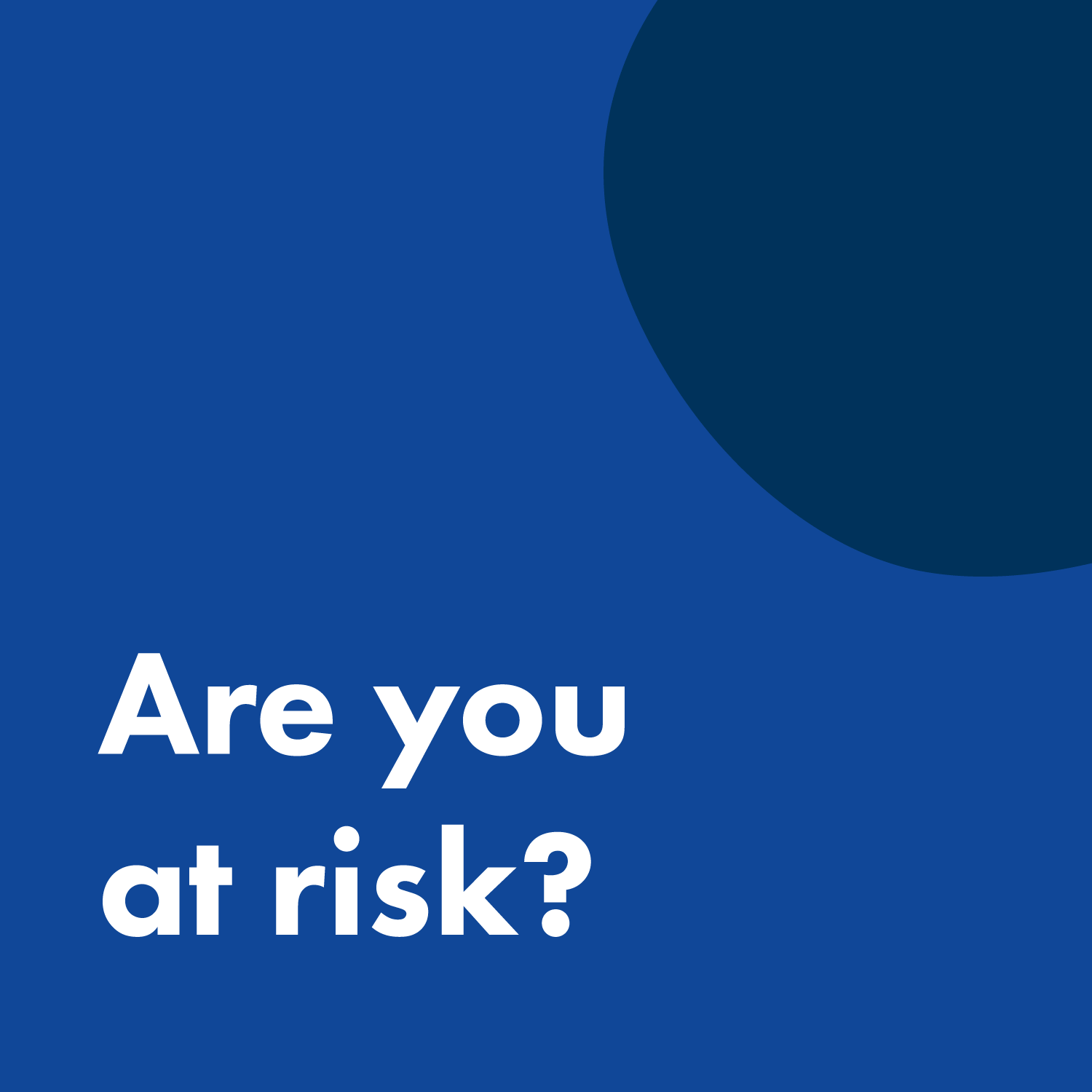
If you are concerned about your relationship with food and eating, use our simple and anonymous screening tool to help you know if you are experiencing symptoms of an eating disorder.
“For years I desperately wanted help but I couldn’t actually say the words to a doctor because of the negative narrative that surrounds an eating disorder. I am so grateful to the one doctor who saw through the stigma of eating disorders and helped me. A screening tool like the one launched by Butterfly would have helped me understand my experience and given me something to bring to my doctor to start my recovery journey. I hope this tool will help sufferers find resources, validation and clarity to receive help they need.” – Nathalie, lived experience of bulimia
Learn more
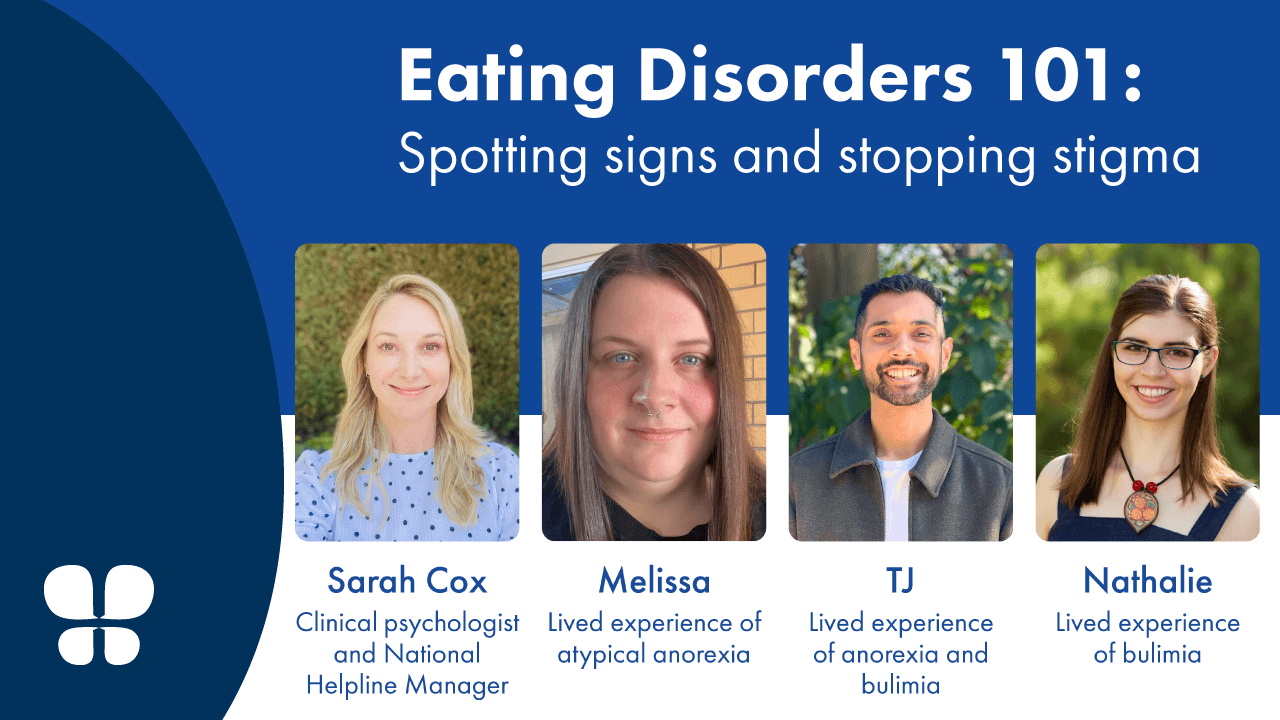
Free webinar
To educate people about the signs and symptoms of an eating disorder and hear from those who have recovered from their own eating disorders, we hosted a free informational webinar on Wednesday 17 April.
Butterfly’s Head of Communications Melissa Wilton was joined by Sarah Cox, Butterfly’s National Helpline Manager and clinical psychologist, and three guests with lived experience to learn about the warning signs, break down stigma and address common myths to aid understanding and help-seeking, with the ultimate goal of encouraging recovery.
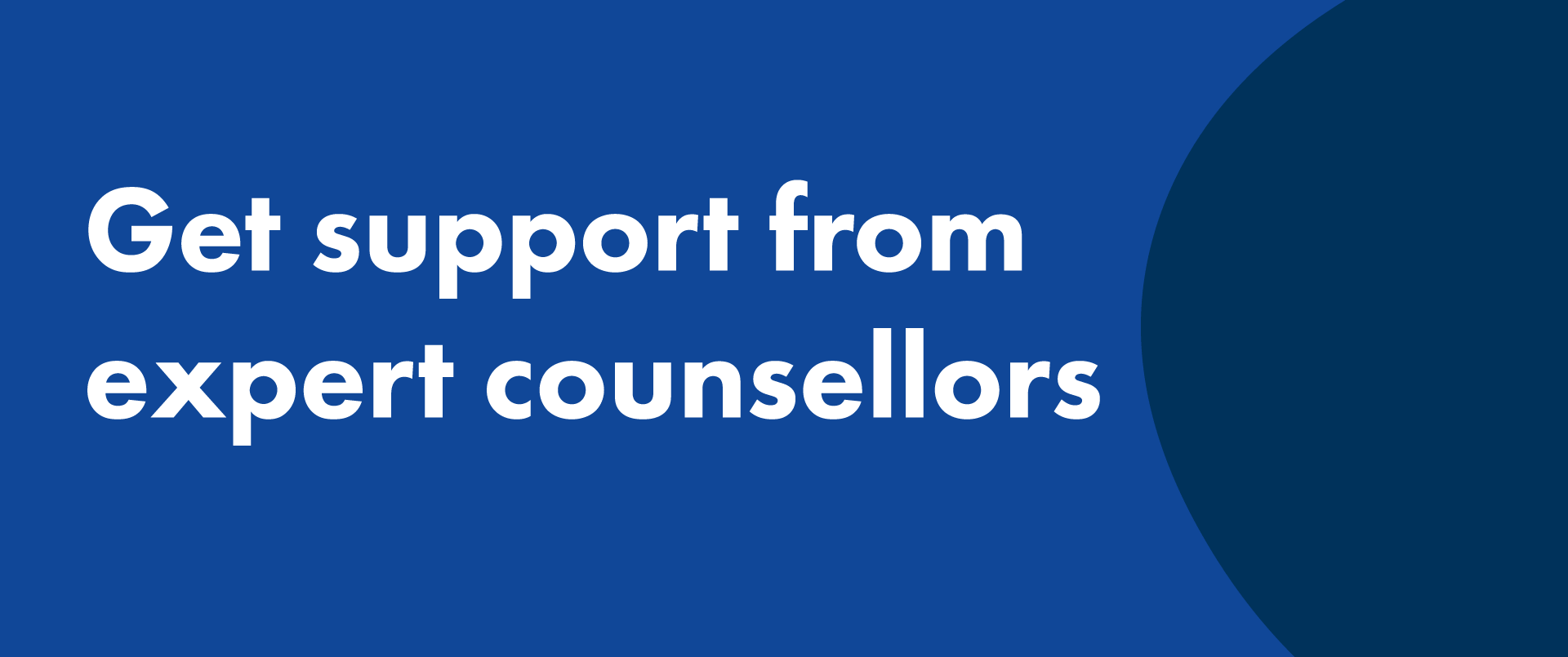
Connect with our Helpline
Whether you are experiencing an eating disorder yourself, or are a carer, or health care professional, Butterfly’s National Helpline is open 8am – midnight (AEST/AEDT), 7 days a week with information, referrals, resources and support.
“Eating disorders are not, and never are, a lifestyle choice. Almost 17 per cent of us think that’s the case, but it’s not true. One in six people perceive eating disorders as a sign of weakness. That is also not the case. One in seven people agree that people with eating disorders could just snap out of it. We know that’s not the case.
These views are held by a minority of people, but we really need to reduce that minority.”
– Dr. Sarah Squire, Butterfly’s Head of Knowledge, Research and Policy
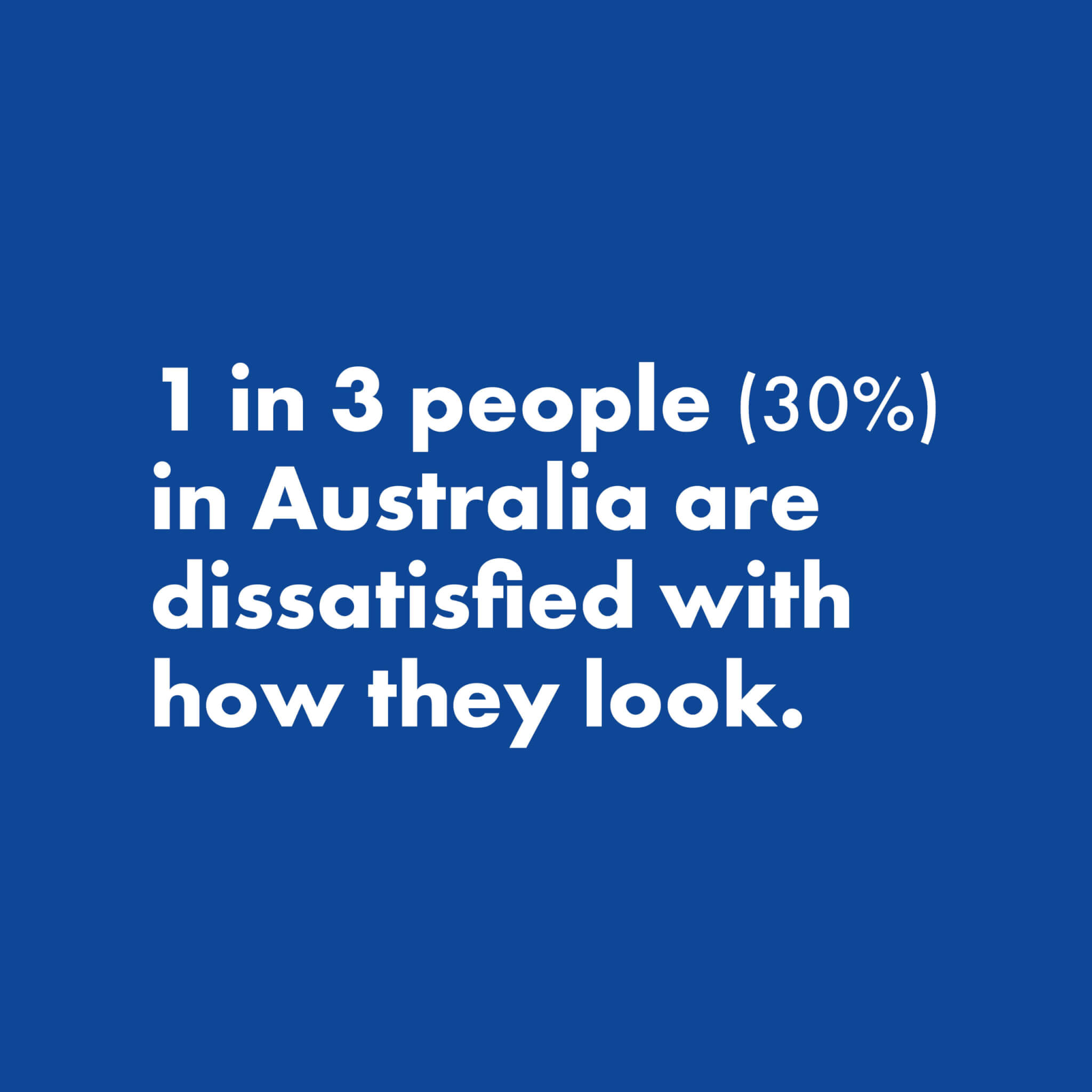
Some key findings:
- Only 11% of people are confident they can recognise the signs that someone is living with an eating disorder
- Less than a quarter of people have referred someone they’re concerned about to support services
- Less than one in three (30%) of individuals affected reach out for help
- 1 in 6 (16%) perceive eating disorders as a sign of weakness
- 1 in 7 (14%) agree people with eating disorders could ‘snap out of it’
- 1 in 10 (12%) agree an eating disorder is a person’s ‘own fault’
- 13% think that people with eating disorders are just trying to get attention
- Almost one in six people (17%) believe that eating disorders are a lifestyle choice or about vanity
- 9% believe that eating disorders ‘are not all that serious’
- 9% assume that ‘only young girls are affected’
- 20% agree that people who have an eating disorder will look extremely thin or that you can tell by looking at someone that they have an eating disorder.



















